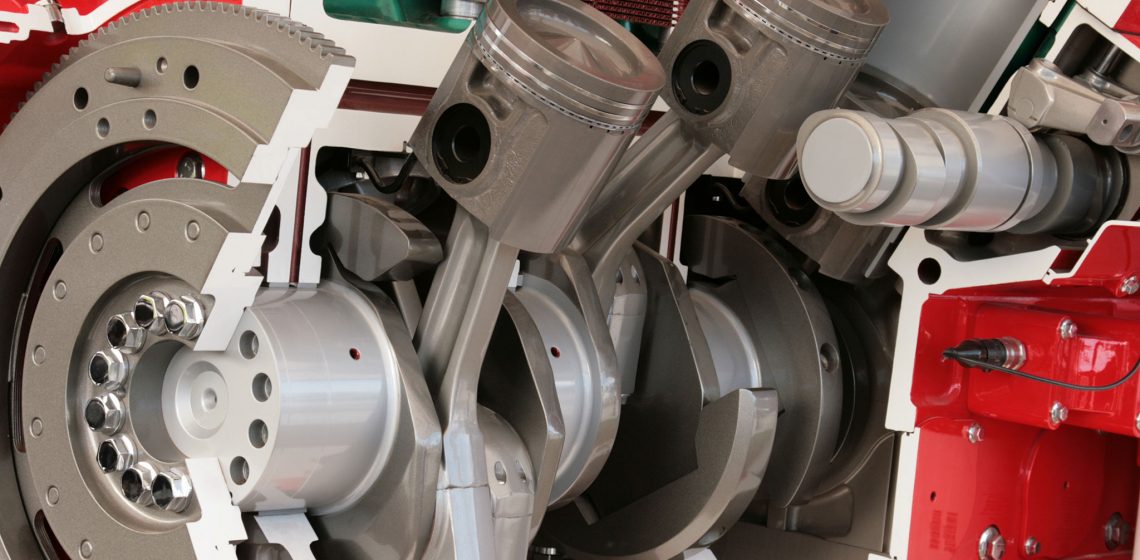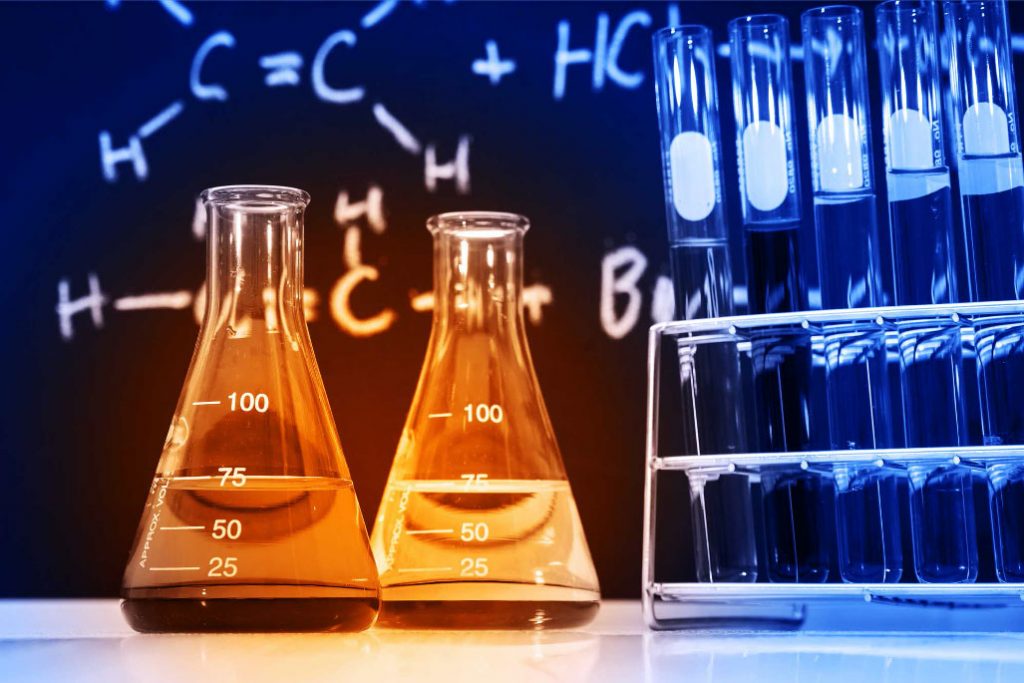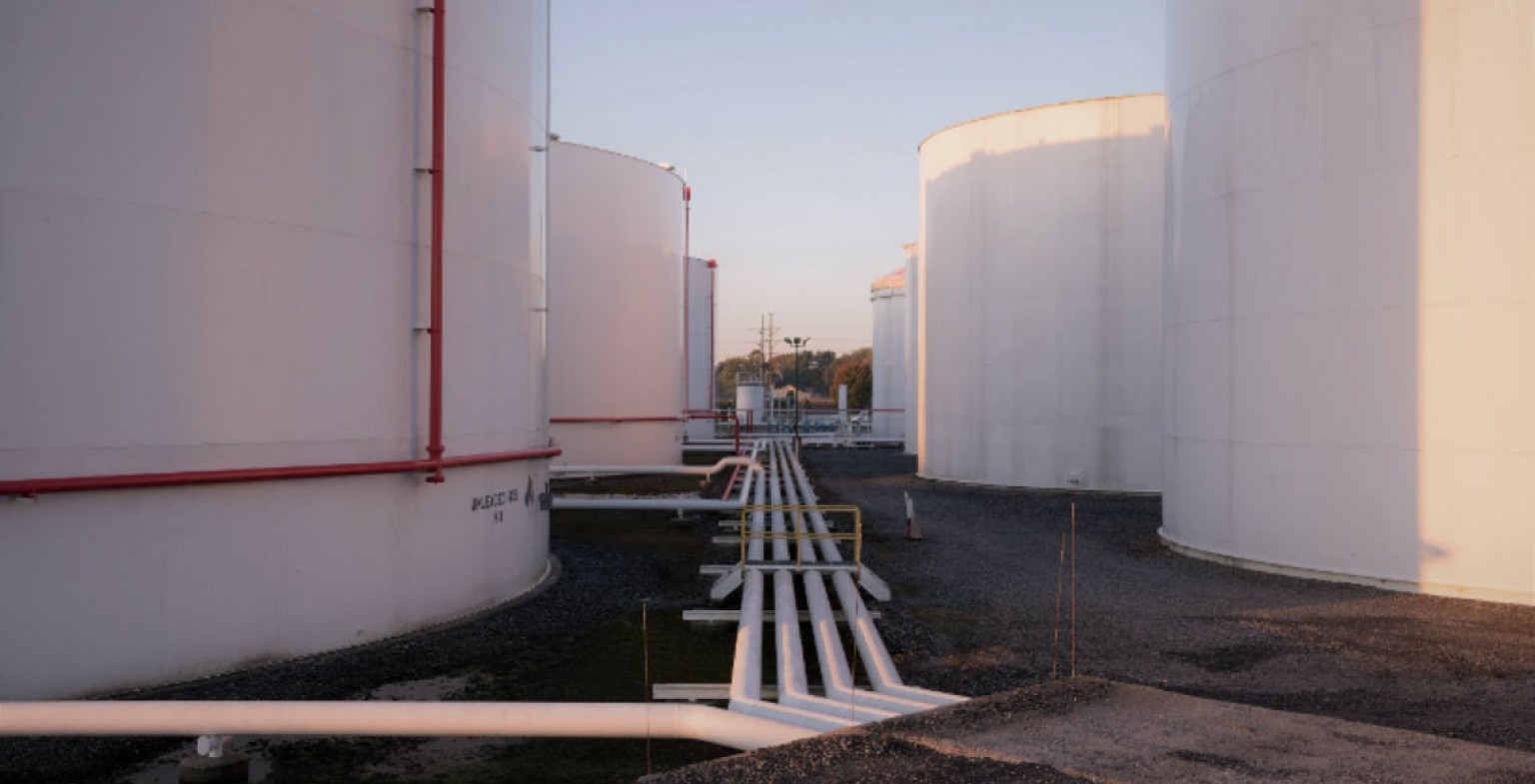Fuel Additives
Fuel additives were first introduced in the early 1920’s to improve diesel fuel properties. These specialty chemicals are designed to improve fuel quality, protect engine components against a variety of harsh environments and help to meet emission regulations. It is easy to see why they are an important part of our Year Round Fuel Quality Program.

Modern engines
The first commercial high-speed diesel engine was introduced in the 1920’s. Since then, scientists around the world are credited for continuous improvements to the mechanical components of these diesel engines to improve performance and allow them to use the lowest cost fuels.
Today’s modern diesel engines take advantage of sophisticated engineering and technology to meet consumer expectations and stay within EPA regulations. One of the most significant changes came in the form of the “High Pressure Common Rail” fuel system. This system uses very tight tolerances, 2-7 microns (for comparison, a human hair is ~ 40 microns). With these “Match Fit” components the fuel system has the ability to create pressures that convert flammable diesel to a combustible liquid.
However, with high pressure (40,000 psi) comes much higher temperatures. These temperatures thermally stress fuel, which leads to complex chemical reactions. These reactions create carbon, soap and salt deposits on critical components and can significantly reduce the life of injectors, fuel filters, and fuel pumps. Quality fuels and additives keep these engines running “like new”.

Year round performance
Fuel additives for high performance diesel fuel is specifically formulated to protect vital engine components and aid in the overall performance of your vehicle.
Not all fuel additives fit all needs. Temperature, climate and emission regulations are all just some of the factors to consider before selecting the right product to provide maximum protection. At Lucknow-Highspire Terminals (LHT), we want you to have all the information to make an informed decision. We have partnered with the industry leading fuel additive experts at Innospec Fuel Specialties in order to put together this educational website intended to help you gain an understanding of how to select the right fuel additives to protect your engine and your business.
LHT solutions
To meet the needs of today’s high-tech engines, LHT offers the following formulations:

EC-1 Winter Diesel Formula is designed to keep your equipment running in the coldest temperatures.
In cold weather, diesel fuel is prone to waxing. As wax forms large crystals, it an easily plug a fuel filter or cause a fuel line to freeze, eventually starving the engine of fuel. EC-1 is designed to enhance the performance of modern fuels by treating wax formation and lowering the Cold Filter Plugging Point (CFPP) and Pour Point of diesel.
Keeping the diesel liquid isn’t enough; EC-1 helps to address the water “ICE” in diesel, as well as control wax setting. These can cause operational issues and are often misinterpreted as “Gelling”.

A combination of stabilizers, antioxidants and detergents creating a superior diesel fuel formulated to meet the needs of today’s modern engines.
- Real world IDID clean up
- Lowers maintenance costs
- Cleans up internal injector deposits
- Longer filter and engine life
- Restores lost power and fuel economy
- Enhances lubricity and thermal stability
- Reduces DPF Regen Frequency
Tank maintenance
Proper Tank Maintenance is the key to success!
4,000
Samples Tested Annually
75%
B S & W for bottom sediment and water
50%
Do not meet ASTM D975
20%
Heavy Microbial Contamination

Climate Impacts Engine Performance
Studies have shown that extreme weather conditions can lead to performance issues with your diesel engine. To help protect your diesel engines, we recommend a simple to use year-round fuel quality program. The program enlightens drivers to the issues and how to protect and enhance diesel engine performance for the life of the vehicle.
Spring
Spring
Warm days and cool nights accelerate the build-up of water in fuel tanks, which can lead to microbes thriving inside a fuel tank. The result is corrosion and rapid filter plugging.
- Test tanks for free water and microbial contamination
- Drain all free water from storage tanks
- Treat based on test results with Dri-Tek and Predator® biocide
- Top off vehicle tanks nightly
Summer
Summer
In summer, extreme temperatures increase the rate of water accumulation from condensation. This leads to microbial growth, fuel degradation, and corrosion issues.
- Use dispenser filters designed to absorb water
- Submit a bottom sample to check for water, sediment, and microbial contamination
- Treat per test result recommendations
Fall
Fall
Warm days and cool nights accelerate the build-up of water in fuel tanks, which can lead to microbes thriving inside a fuel tank. The result is corrosion and rapid filter plugging.
- Test tanks for free water and microbial contamination
- Drain all free water from storage tanks
- Treat based on test results with Dri-Tek and Predator® biocide
- Top off vehicle tanks nightly
Winter
Winter
Cold weather climates lead to gelling or waxing of the precipitates that have collected over time within the fuel. This blocks fuel filters and prevents diesel engines from operating efficiently.
- Use LHT EC-1 and LHT “GOLD” for optimal protection and performance
- Use larger micron size filters for winter operations per OEM
- Check truck water separators often
Why use fuel additives?
The Issue
Diesel fuel is used in engines to fuel combustion and convert energy into motion. Modern diesel engines circulate the fuel from the fuel tank to the high-pressure fuel rail and back to the fuel tank. During this process, the fuel is heated and placed under significant pressures, up to 40,000 psi. This stresses the fuel and has the potential to create carbon, soap and salt deposits on critical engine parts such as injectors and fuel pumps. This can cause wear and injector drive, which leads to over fueling and also causes a host of related issues from lost power and fuel economy to frequent DPF regenerations and soot in fuel filters, turbochargers, and EGR valves. These issues cost operators thousands of dollars in downtime, repairs and increased maintenance.
The Solution
LHT “Gold” Year-Round Protection and Performance is specifically designed to address all the issues of modern fuel systems and return “Like-New” performance. Restoring lost fuel economy, and reducing premature fuel filter plugging, injector failures, fuel pump failures, frequent DPF re-gen, EGR valve, turbocharger coking and downtime.
The Issue
Diesel fuel contains wax, which provides energy necessary for the engine to run. Without wax there is no energy in diesel fuel. During winter months outside air temperatures drop and cool the diesel. This cooling causes the wax to solidify and settle to the bottom of the tank. Left unchecked the wax will solidify, much like a candle. This can prevent the engine from starting or even shut it down without warning.
The Solution
EC-1 is a combination of additives that not only keeps the diesel liquid at low temperatures but helps prevent icing and wax settling. Using modern polymer technology, EC-1 will arrest wax formation and keep diesel liquid at low temperatures. Cheap, low cost winter additives stop here. Keeping fuel liquid is only the first step in providing winter operability. Your customer demands service, and that requires your equipment to start and run. That is where EC-1 delivers. EC-1 contains two additional components that provide the peace of mind you demand. Diesel fuel contains small amounts of water, an as little as 50ppm of water can freeze at relatively warm temperatures causing filters to “ice” and fuel lines to plug, stopping operations. Wax is heavy and over extended shutdowns, like cold weekends, wax will settle to the bottom of the fuel tank. This is usually evident when the engine starts and soon after shuts down. The fuel in the tank is liquid, but the filters and fuel lines are plugged with wax. WASA or Wax Anti Settling Agents can keep this from stopping you in your tracks. You won’t know you need it until it’s too late. EC-1 has WASA that makes more than claims, it makes a difference!
The Issue
Organisms are always present in fuel, and under the right conditions they will bloom; water, fuel and the absence of light provide conditions microbes love, and the food to thrive. Microbes produce acids & decompose fuel as they move through their life cycle. A significant volume of dead microbes is referred to as “Sludge”. This sludge causes storage tank corrosion issues and contributes to equipment problems. Primarily filter plugging and internal engine corrosion.
The Solution
Fuel biocides are federally registered pesticides designed to kill microorganisms in fuel. The ones that work are not cheap but are well worth the additional cost. Some “Biocides” on the market are cheap and simply remove water, temporarily creating a less than ideal environment, and only slowing microbial growth temporarily. Some biocides, if not used at the proper treat rate will also have poor results. Proper biocide and treatment regiments sterilize fuel tanks and keep microbial activity in check. Ask your LHT representative for more information if you see signs of microbial contamination.
